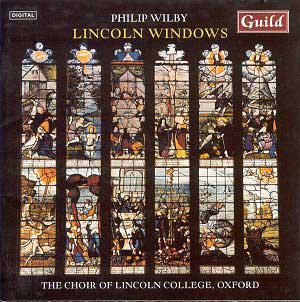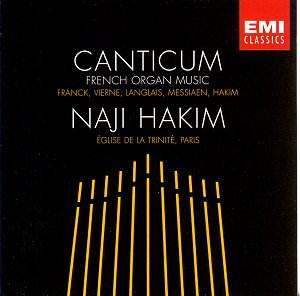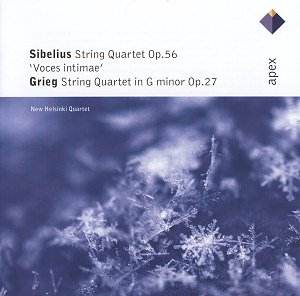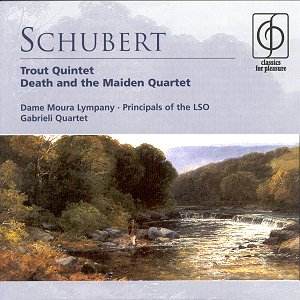 Composer: Philip Wilby
Composer: Philip Wilby
Works: Lincoln Windows, Caedmon’s Dream, Prayer of Mannaseh, Goldfinch Carol, A Sonnet, Wondrous Cross, Evening Liturgy, Three Preludes on English Tunes
Performers: Choir of Lincoln College, Oxford; Sarah Wilby (flute); Philip Smith (organ); Tom Lydon
Recording: Exeter College, Oxford, July 2001
Label: Guild GMCD 7236
Philip Wilby, a prominent figure in contemporary British choral music, has made significant contributions that often blend traditional harmonic language with modern sensibilities. His recent release, featuring a selection of choral works, showcases his ability to navigate both the sacred and the secular. The centerpiece, Lincoln Windows, draws inspiration from the stained glass windows of Lincoln Chapel, Oxford. This work is structured around a profound interplay between Old and New Testament themes, reflecting Wilby’s adeptness in marrying literary depth with musical form. The six panels of the windows serve as a visual and narrative framework, allowing Wilby to explore complex theological ideas through sound.
The performance by the Choir of Lincoln College is commendable, demonstrating a polished blend of clarity and warmth. The choir’s intonation is particularly striking in the opening choral introduction of Lincoln Windows, where the lush harmonies resonate beautifully, setting an evocative tone. Sarah Wilby’s flute contributions in the Goldfinch Carol offer a delightful contrast, weaving a delicate obbligato that enhances the choral texture without overshadowing it. This piece, along with the a cappella Evening Liturgy, exemplifies Wilby’s knack for crafting music that is both approachable and profound, allowing for moments of introspection while maintaining a communal spirit.
Wilby’s interpretation choices are notable in the Ascension section of Lincoln Windows, where the reliance on speech might initially seem to dilute the expected climactic impact. However, this decision can be viewed as a deliberate artistic stance, emphasizing the narrative quality of the text over a purely musical resolution. This approach, while perhaps polarizing, underscores the importance of the spoken word in religious contexts, aligning with the reflective nature of the text derived from 17th-century divines. The subtle dynamics and phrasing employed by the choir throughout this section invite listeners to engage intellectually with the material, though some may yearn for a more operatic crescendo.
The recording quality is exemplary, capturing the rich acoustics of Exeter College’s chapel. The balance between choir, organ, and flute is well-managed, ensuring that the intricate details of Wilby’s scoring are not lost in the spatial richness of the venue. The engineering allows for both the fullness of the choral sound and the delicate nuances of the solo passages to shine through, a testament to Guild’s high standards in production. However, the absence of detailed composition dates in the liner notes is a missed opportunity for deeper contextual understanding, particularly for those unfamiliar with Wilby’s oeuvre.
Wilby’s Three Preludes on English Tunes offers a refreshing contrast to the larger choral works, showcasing his skill in organ composition. The rhapsodic treatment of Vaughan Williams’ Down Ampney stands out, with its lyrical lines inviting deep contemplation. This piece, alongside the more straightforward Recessional on “Michael,” highlights Wilby’s versatility as he navigates through various musical idioms with ease.
This release of Wilby’s choral works is a significant addition to the modern choral repertoire, showcasing his unique voice and compositional prowess. The engaging performances and high-quality recording provide an accessible entry point into his music, appealing to both choral enthusiasts and newcomers alike. The balance of text, context, and musical expression speaks to the universal themes within his work, crafting an experience that resonates with the sacred and the human experience alike.



